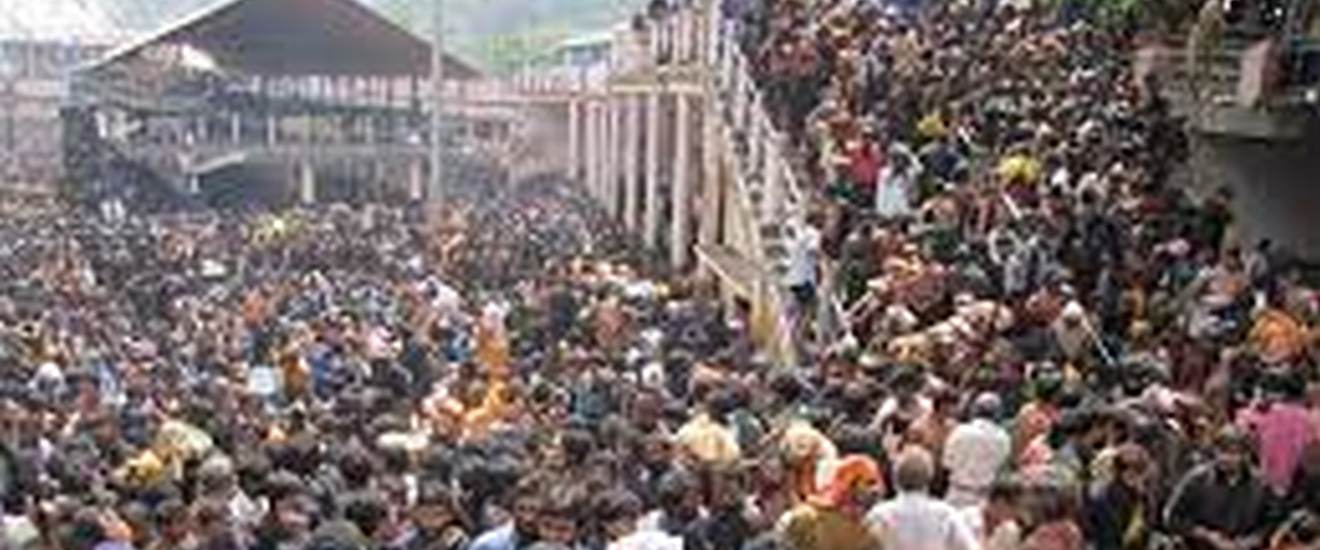Analysis
Sabarimala Temple Entry Case: 4 Must Reads
4 articles which conclusively examine the Supreme Courts Sabarimala Verdict.

September 28th 2018, the Court delivered its verdict in Sabarimala Temple Entry. A 4:1 majority held that the temple’s practice of excluding women is unconstitutional. It held that the practice violated the fundamental rights to equality, liberty and freedom of religion, Articles 14, 15, 19(1), 21 and 25(1). It struck down Rule 3(b) of the Kerala Hindu Places of Public Worship Act as unconstitutional. Rule 3(b) allowed for Hindu denominations to exclude women from public places of worship, if the exclusion was based on ‘custom’.
The Court delivered four separate opinions: Misra CJI, Nariman, Chandrachud, Malhotra JJ. Nariman & Chandrachud JJ concurred with the opinion of Misra CJI. The dissenting opinion in the case was delivered by Indu Malhotra J.
4 Opinion Pieces on Sabarimala case
- Elizabeth Seshadri, Advocate Madras High Court writing in The Hindu Centre for Politics and Public Policy analyses the various aspects of the judgment and court’s evolving jurisprudence on religious rights. She maps the inconsistent application of “Essential Religious Practices” doctrine by the court from 1950’s till 2017 judgment in Triple Talaq case (Shayara Bano v AIMPLB). The pieces lauds the majority opinion in Sabarimala case for reinstating the primacy of individual rights vis-a-vis group rights in the Constitution and for articulating a vision of constitutional morality rooted in dignity cutting across religious and societal morality.
- Suhrith Parthasarthy wrote a piece in The Hindu when the court was hearing the dispute. Titled, the Sabarimala Singularity, he argued that the court should desist from doing an enquiry on faith using the time tested Essential Religious Practice doctrine as it is a judicially created doctrine and doesnot take into account “cultural dissent” of individual members. He urged the court to dissove the boundaries of public and private and give primacy to the anti-exclusion principle of constitution, if it finds that the effect of Sabarimala custom is to exclude menstruating women from entering the temple.
- In a piece in the Hindu, Rajeev Dhavan supports Indu Malhotra’s dissent in Sabarimala judgment that even if religious beliefs and practices are not accepted as rational by all, constitutional protection shouldnot be denied to them.
- In addition to the above, a Private Member’s Bill was recently introduced in the Lok Sabha by Mr. Shashi Tharoor to guarantee menstraul equity for all women by the State. The Bill, introduced in the winter session of the Lok Sabha in 2018, in addition to seeing criminalisation of marital rape, also takes note of the lack of access to menstrual healthcare and hygiene by women and obligates schools and public authorities to supply sanitary pads free of cost to any girl or women in their facilities.